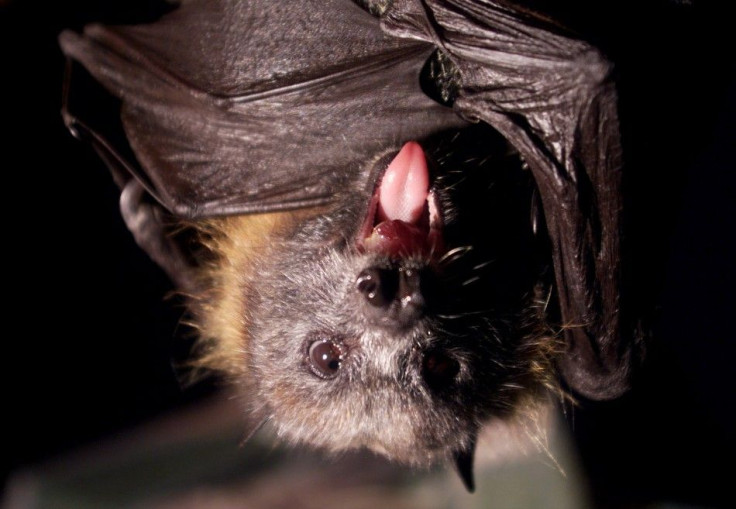First Person in U.S. Dies from Vampire Bat Bite, CDC Reports

The CDC reported Friday the first person in the U.S. died from a vampire bat bite last year, prompting attention to the possibility of vampire bats' expansion into the country.
A 19-year-old migrant farm worker from Mexico became the first reported death from a vampire bat bite over a year after his death.
According to his mother, the teenager was bit on July 15, 2010 in his hometown of Michoacan, Mexico just 10 days before entering the U.S. to work on a sugarcane plantation in Louisiana. After medical care was sought out, he developed encephalitis, or swelling of the brain, and other symptoms which he thought were related to fatigue.
Shortly after, his spinal fluid was tested and was diagnosed with rabies, for which he never received a vaccination. The unnamed victim died on Aug. 21, 2010 after being taken off life support at his family's request. Postmortem tests revealing the rabies virus was linked with a bite from a vampire bat.
Human rabies immunoglobin (HRIG) is very effective for treating rabies, but can be quite costly, totaling several thousand dollars. Untreated rabies cases, like this one, almost always result in fatality, according to the World Health Organization, costing the lives of 55,000 people on average per year.
An incubation period of only 15 days in comparison to the average 85 days in most rabies cases classified this case as aggressive. Five individuals who had contact with the teen were notified. No one so far, including those who reportedly shared drinking glasses with the victim, has been reported to have caught rabies.
Vampire bats are prevalent in Mexico, with the most common sightings in Latin American countries. The creatures feed on the blood of mammals, mostly livestock, while they are asleep using infrared detectors located in their nose for hunting blood and locating veins.
Many vampire bats in Michoacan plague the area, particularly noted in livestock. Since the case, more than 120 vampire bats have been removed from the area.
The CDC warned more vampire bats could head north into U.S. territory because of climate change.
"Expansion of vampire bats into the United States likely would lead to increased bat exposures to both humans and animals (including domestic livestock and wildlife species) and substantially alter rabies virus dynamics and ecology in the southern United States," the CDC said in the report.
The public should avoid contact with vampire bats and seek routes for vaccination, as bats in general are the primary cause of human rabies in the U.S.
© Copyright IBTimes 2024. All rights reserved.






















